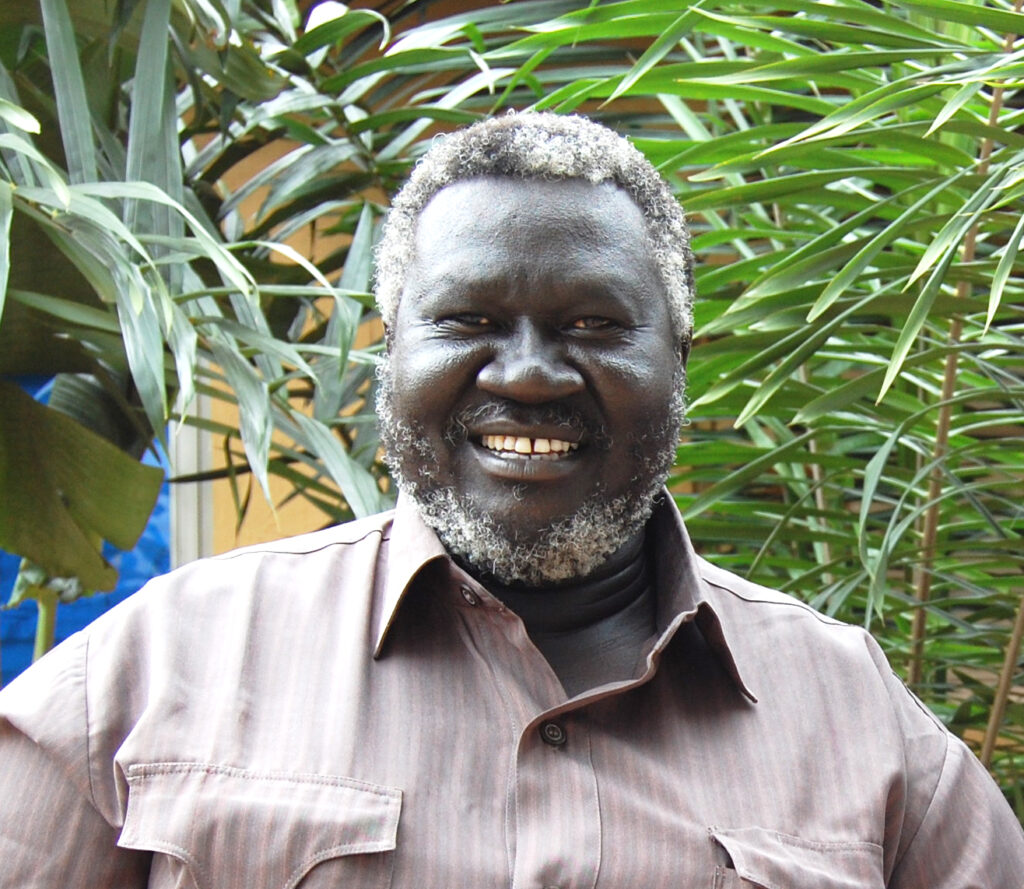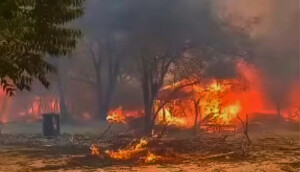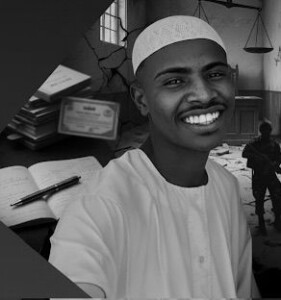Non-aligned parties reject Malik Agar’s calls to support SAF in Sudan war

Malik Agar, Vice President of Sudan's Sovereignty Council (File photo: Creative Commons / Sudan Envoy)
The vice president of the Sovereignty Council, Malik Agar, dismissed neutrality as a solution to halt the ongoing war in Sudan, advocating for Sudanese to “rally around the Sudan Armed Forces [SAF]”. However, various opposition groups have positioned themselves ‘equidistant’ from both the SAF and the Rapid Support Forces (RSF). The Communist Party of Sudan urged tribes to resist calls to recruit youths into the conflict, warning of the catastrophic consequences of tribal strife.
In a meeting with the leadership of the Women Against War initiative on Saturday, Agar emphasised the importance of supporting the Sudanese Armed Forces (SAF) as a national institution to put an end the ongoing war.
Agar argued that adopting a neutral stance would not serve Sudan’s agenda, and advocated rallying around the SAF as “a crucial step towards establishing a stable state”.
Gen Yasir El Atta, member of the Sovereignty Council and deputy commander-in-chief of the army, had previously criticised government officials and members of the Sovereignty Council for declaring neutrality during the conflict.
The Communist Party of Sudan called upon “the tribes and people of Sudan to resist calls for recruiting their youth to favour either of the warring parties”.
In a statement on Sunday, the party urged for an immediate cessation of hostilities, emphasising the need to “safeguard the country’s unity and prevent the war from escalating into an all-out civil war.”
This war is “fundamentally a struggle between the interests of the former regime, and those seeking a new path,” the Communist Party stated and warned of “adverse consequences” if the conflict continues much longer.
Various groups, including the Forces for Freedom and Change-Central Council, the Sudan Revolutionary Front alliance of rebel movements that signed the Juba Peace Agreement in October 2020, and numerous political and civil entities, have all expressed their rejection of the war. In a statement yesterday, they positioned themselves “equidistant from both the Sudanese army and the Rapid Support Forces.”
On Sunday, Brig Gen Nabil Abdallah, spokesperson for the SAF, commended “the dedication and courage of the youth who joined the ranks of volunteers across all states”.
Tribal alignment
Journalist Fatima El Ghazali previously spoke to Radio Dabanga on the dangers of such tribal alignment, cautioning that it could lead “towards a holocaust impacting not only Sudan”, but also bordering countries like Chad, given the tribal relations and overlap across the two countries.
In June, the leaders of the tribes of Beni Halba, Tarjam, Habaniya, Fallata, Misseriya, Taaysha, and Rizeigat in South Darfur declared their support for the RSF in a video statement. Later, other, smaller tribes followed.
The Sudan News Agency and the SAF’s Facebook page continue to report on tribes mobilising to support the Sudanese army. Several tribes have organised special training camps as part of this mobilisation effort.











 and then
and then